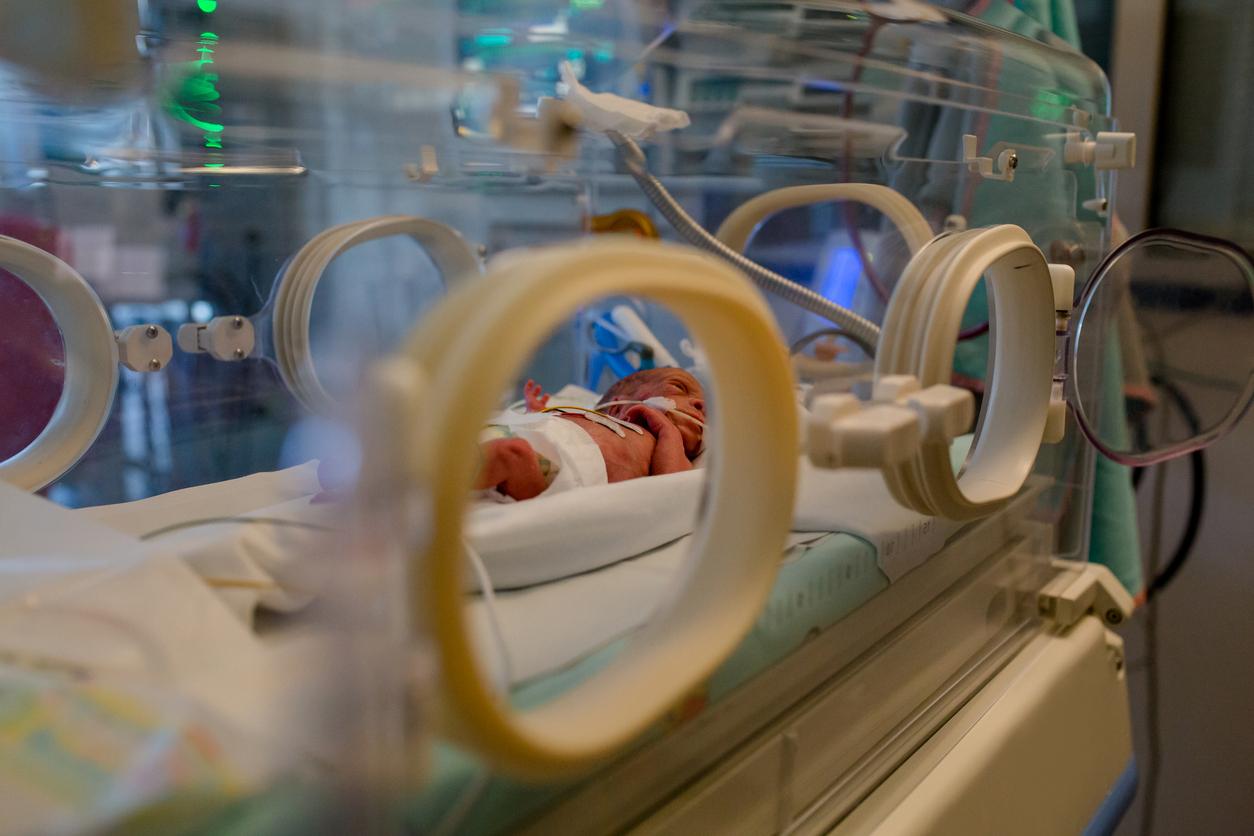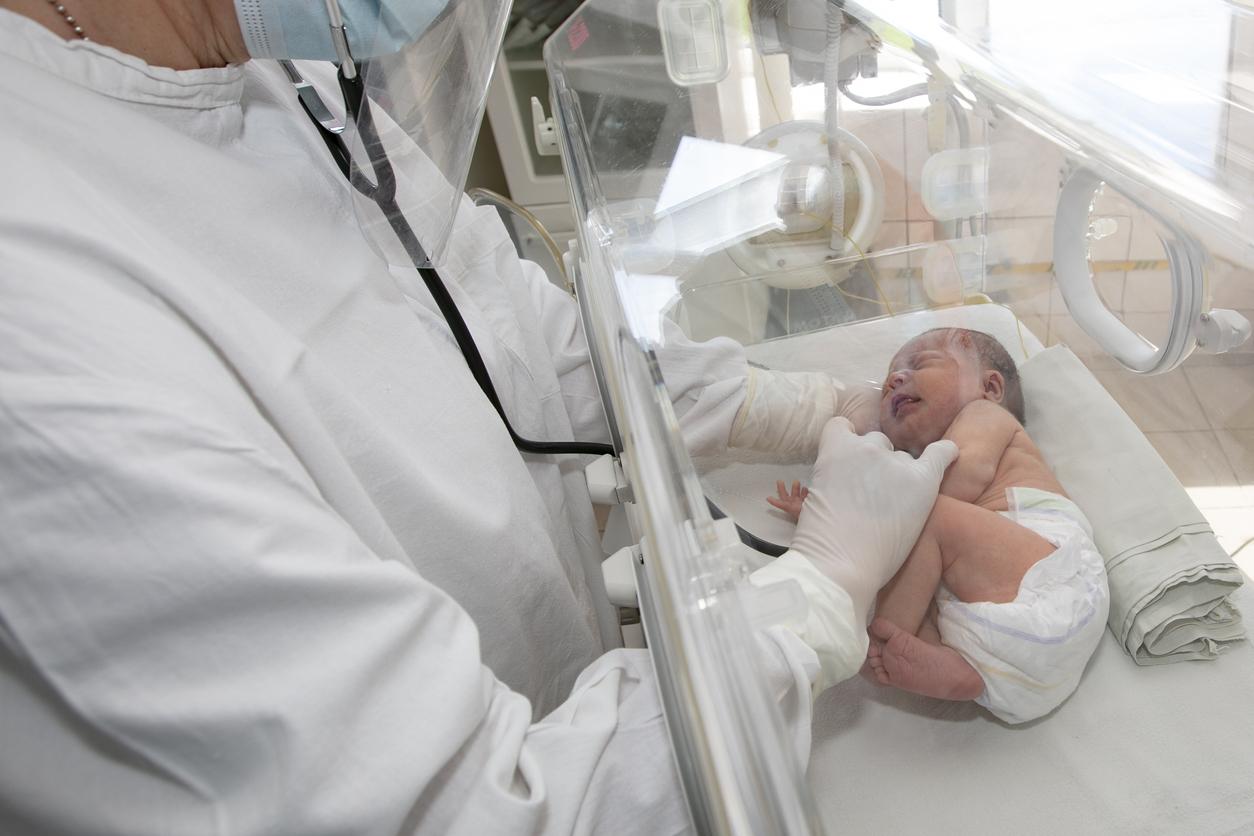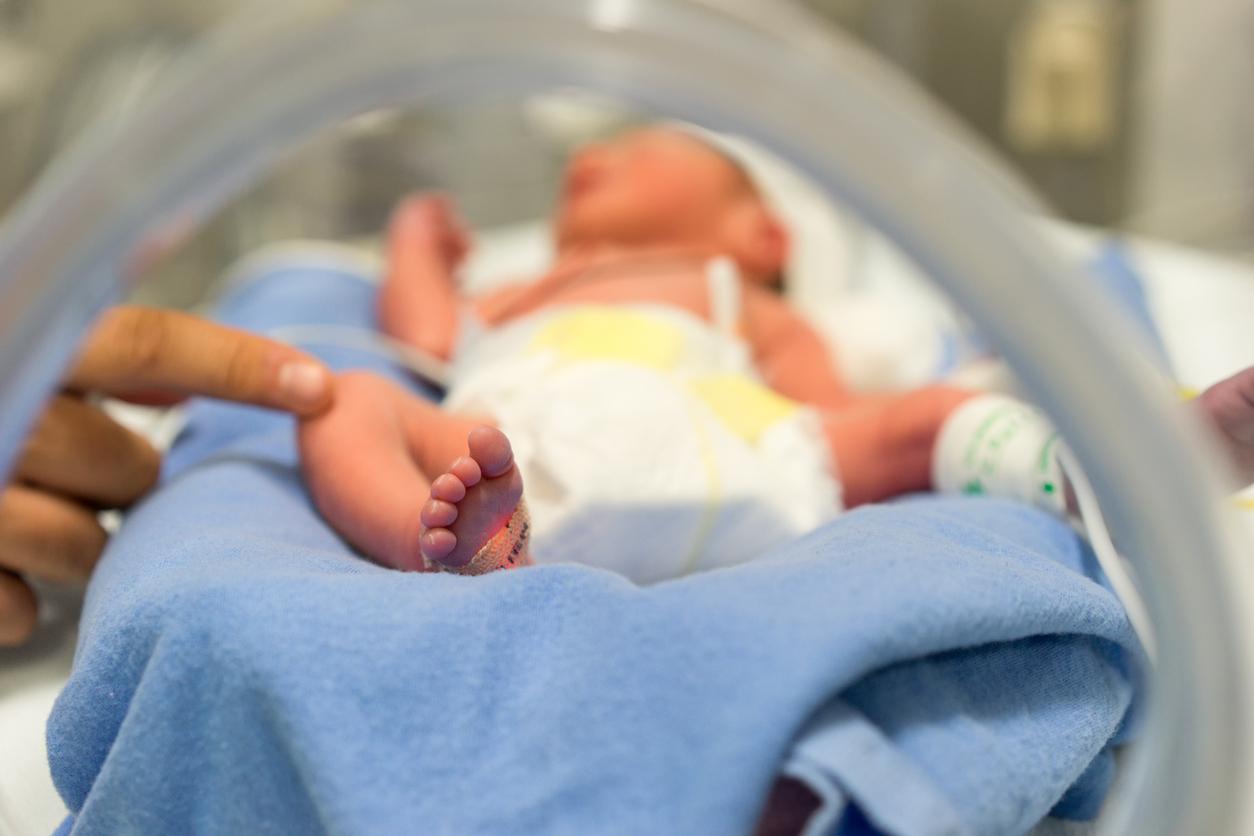A protein, NRG4 (neuregulin-4), present only in breast milk would protect children from dangerous digestive disorders such as necrotizing enterocolitis (EN) especially in premature babies, according to the results of a study published in the American Journal of Pathology.
Breast milk protects the intestines of babies
Necrotizing enterocolitis is a disease that affects premature babies and is characterized by the appearance of lesions in the intestine. It represents 8 to 12% of neonatal infections of premature babies. And, one in 3 babies with this condition will die prematurely. “Formula is a known risk factor for the disease,” said lead author of the study, Prof. Mark R. Frey, of the Los Angeles Children’s Hospital.
Researchers at the Children’s Hospital of Los Angeles conducted in vitro (laboratory) and in vivo studies in animals. Rodents with cells infected with the disease were protected by the NRG4 protein found in the breastmilk. It prevented the loss of Paneth’s intestinal cells, which protect against microbial damage.
The results of this study suggest that the NRG4 protein, present in breast milk, allows the child to protect his still immature intestine from infections. “If an artificially fed baby experiences an intestinal infection, he is at increased risk of bowel injury and death,” says Prof. Mark R. Frey.
“Breast milk is the ideal food for newborns and infants. It provides all the nutrients they need for their development and contains antibodies that protect them from common illnesses such as diarrhea and pneumonia, both. leading causes of child mortality in the world “, recalls the World Health Organization (WHO) which recommends on its site” thebreastfeeding exclusive of the infant until the age of six months “and” to continue thereafter until the age of at least two years, in association with a suitable complementary feeding “.


















